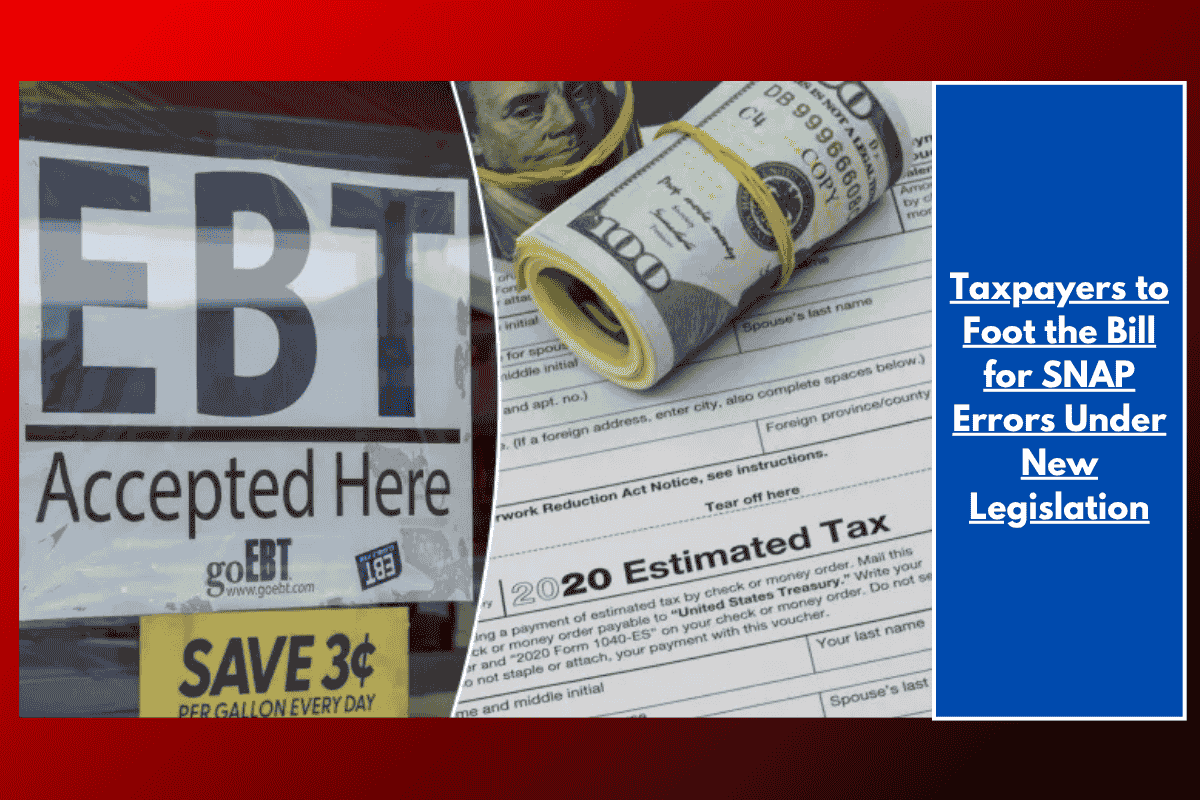A new piece of legislation in Texas, Senate Bill 379, is making headlines as it aims to limit the use of food stamps (SNAP benefits) for purchasing certain items classified as junk food. The bill, introduced by State Senator Mayes Middleton, targets sugary drinks and candy, two items commonly bought with federal assistance, and seeks to promote healthier eating habits for low-income families. This bill has passed both the Senate and House and is now awaiting approval from Texas Governor Greg Abbott.
What Does Senate Bill 379 Propose?
If signed into law, Senate Bill 379 will restrict the use of food stamps on certain products, including sugary drinks and candy. This means that low-income families in Texas who receive SNAP benefits will no longer be able to use them to purchase popular items like sodas, energy drinks, and candy.
The original proposal included a wider range of products, such as chips and cookies, but the bill was narrowed down to focus on sweetened drinks and candy for quicker enforcement. The definition of sugary drinks includes any non-alcoholic beverage made with water that contains five or more grams of added sugar or any amount of artificial sweeteners. However, fruit juices and milk-based drinks will not be affected by the bill.
If Governor Abbott signs the bill into law, the change will take effect on September 1, 2025. This move would impact millions of Texans who currently use food stamps to buy these items.
Why the Push for Change?
The goal of the bill is to encourage healthier food choices by reducing access to products with little to no nutritional value. Senator Middleton, the bill’s sponsor, argues that taxpayer-funded benefits should not be used to purchase junk food, as it leads to higher health care costs later. “Taxpayer-funded junk food turns into taxpayer-funded health care,” Middleton said during a Senate Health and Human Services Committee meeting.
This bill is in line with a broader national trend to encourage healthier eating habits among low-income families. The U.S. Department of Agriculture (USDA) has supported these efforts by allowing states to request waivers to restrict the use of SNAP benefits on non-nutritious foods. Arkansas, Idaho, and Utah have already received approval for such waivers, and states like Texas, Colorado, and Florida are in the process of seeking approval as well.
A Growing Trend Across the U.S.
Texas is not the first state to consider banning junk food from food stamp purchases. Other states, such as Nebraska, Indiana, and Iowa, have already received waivers from the USDA to restrict the use of SNAP benefits on sugary drinks, candy, and other junk foods. The USDA has actively encouraged states to think creatively about addressing health issues and has seen a growing number of states seeking to implement similar restrictions.
Texas, the largest state to pursue these changes, has 3.5 million food stamp beneficiaries, who received $616 million in SNAP benefits in April alone. With such a large number of recipients, the potential impact of Senate Bill 379 could be significant.
Potential Impact on Low-Income Families
The proposed changes to SNAP benefits are part of a larger effort to tackle the health issues that many Americans face due to poor dietary habits. By limiting access to sugary drinks and candy, lawmakers hope to reduce the consumption of unhealthy foods that contribute to conditions like obesity, diabetes, and heart disease.
However, critics of the bill argue that restricting access to certain foods could be seen as a punishment for those already struggling financially. Many low-income families rely on food stamps to feed their households, and limiting their ability to buy popular, affordable snacks and beverages could make it more difficult for them to meet their needs.
Texas’ Senate Bill 379 represents a bold step in the ongoing debate over how to manage the use of federal assistance for food. If passed, the bill will restrict the purchase of sugary drinks and candy with SNAP benefits, with the aim of promoting healthier eating among low-income families. While the bill aligns with broader national trends, it also raises questions about the role of government in regulating food choices for its citizens. As the bill moves closer to becoming law, its effects on both the food industry and low-income families will continue to unfold.














